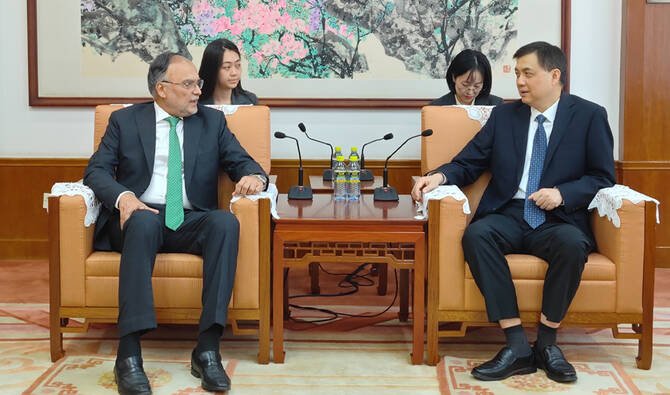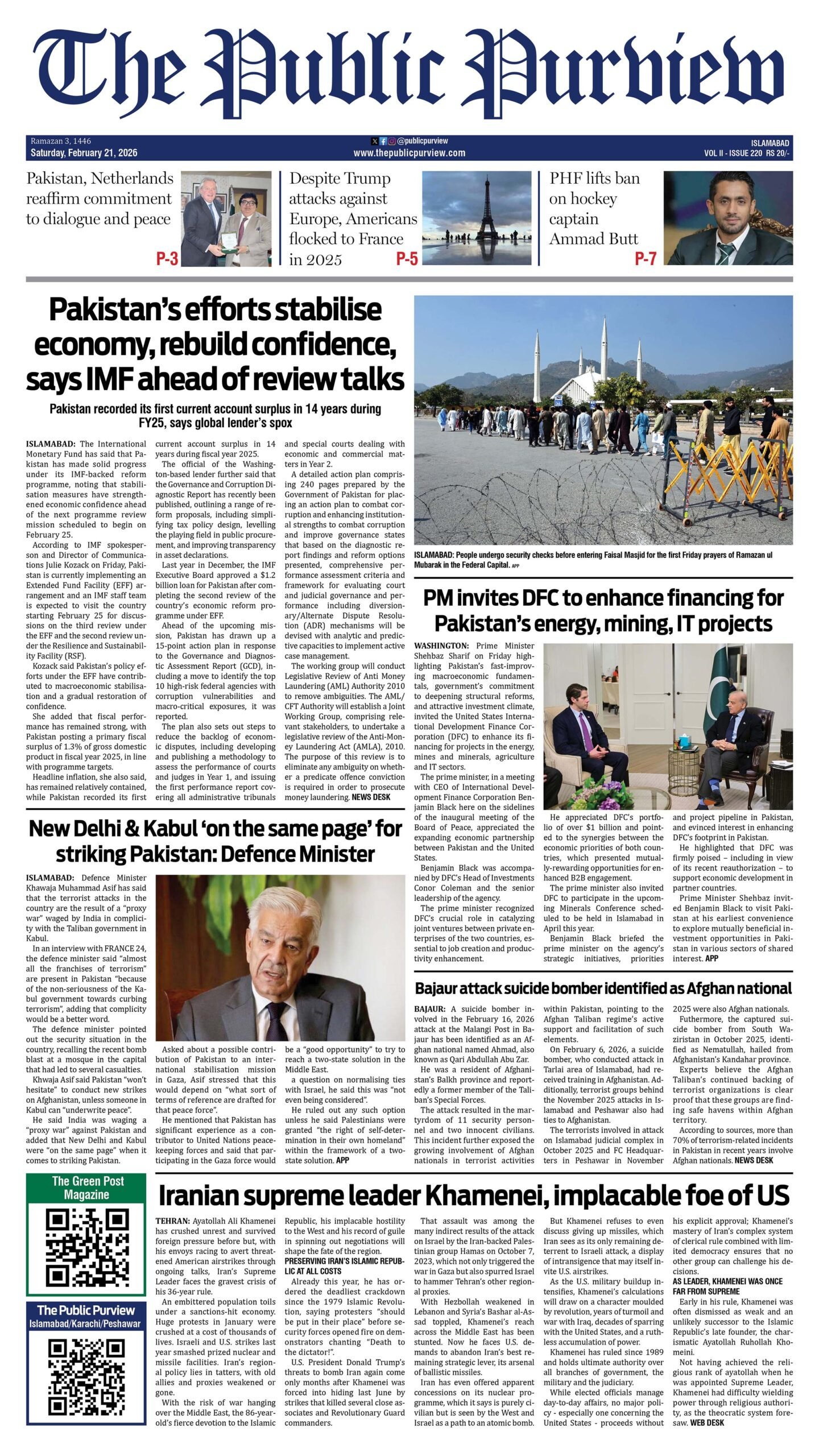ISLAMABAD — Pakistan and China have launched high-level talks in Beijing to advance the second phase of the Belt and Road Initiative, with renewed focus on industrial growth, youth development, and regional trade. The 14th meeting of the Joint Coordination Committee (JCC) on the China-Pakistan Economic Corridor (CPEC) opened on Friday, reaffirming both nations’ commitment to deeper strategic cooperation.
Since its launch in 2015, CPEC has attracted over $25 billion in investments. The first phase focused on energy, transport, and infrastructure. It delivered major projects such as motorways, power plants, and the Gwadar port. Now, Phase II of the Belt and Road Initiative shifts toward industrial zones, agricultural reform, tech innovation, and human capital development.
Planning Minister Ahsan Iqbal emphasized that the new phase will prioritize people-centered growth. He announced initiatives including PhD scholarships, innovation centers, and internship programs in Chinese institutions. These efforts aim to equip Pakistan’s youth with future-ready skills.
Gwadar, once a quiet fishing town, now serves as a strategic maritime hub. Iqbal highlighted its growing role in China’s global trade routes. He also underscored the importance of the ML-1 railway upgrade. This multibillion-dollar project will modernize Pakistan’s aging rail network from Karachi to Peshawar.
Moreover, the second phase of the Belt and Road Initiative includes joint laboratories in artificial intelligence and quantum sciences. It also features electric vehicle development and agricultural modernization. Each corridor will align with specific export targets to boost Pakistan’s trade competitiveness.
Iqbal urged China to extend the same preferential market access to Pakistan that ASEAN countries currently enjoy. He argued that such concessions would help diversify Pakistan’s exports and strengthen its industrial base.
Additionally, he proposed a “mining corridor” linking Chaghi’s mineral-rich region to Gwadar port. This corridor aims to attract foreign investment and unlock new economic potential. Plans for new border markets at Khunjerab Pass and Torkham are also underway. These markets will enhance regional trade with China and Afghanistan.
Concluding the session, Iqbal reaffirmed Pakistan’s commitment to securing CPEC projects and protecting Chinese personnel. He described investment safety as a top government priority and a foundation for sustained bilateral trust.







 Today's E-Paper
Today's E-Paper